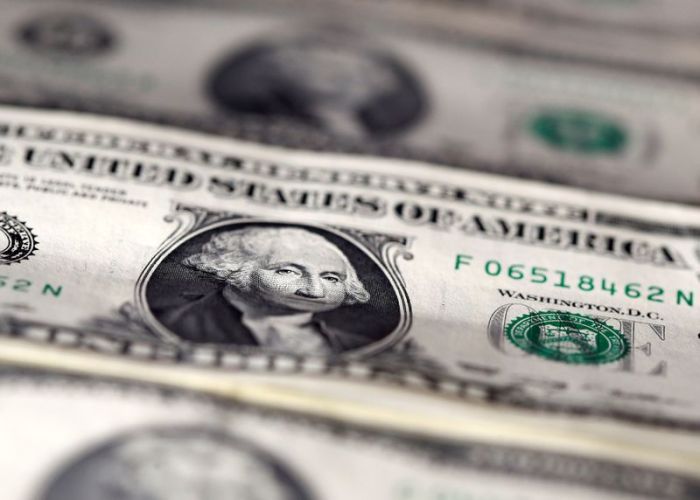NEW YORK (Reuters) – Oil prices rose about 2% in a volatile session on Thursday, buoyed by signs of a marginal improvement in the U.S. economy and a tepid rise in fuel demand, but price gains were limited by rising cases of COVID-19 in some U.S. states.
Brent crude rose 74 cents, or 1.8%, to settle at $41.05 a barrel. U.S. West Texas Intermediate (WTI) crude ended the session up 71 cents, or 1.9%, at $38.72.
Road traffic in some of the world’s major cities in June had returned to 2019 levels, data provided to Reuters by location technology company TomTom showed.
Oil prices fell early, then found support as data showed fewer Americans filed for unemployment benefits last week and orders for key capital goods rebounded in May.
Still, the decline in jobless claims was less than analysts expected and other data supported expectations that second-quarter GDP could shrink at as much as a 40% annualized rate.
To kick-start the world economy devastated by coronavirus, central banks have unleashed trillions of dollars in stimulus.
“Part of the rebound here is the idea that all the stimulus measures that central banks and the world’s governments are pumping into the economy is going to have a positive impact on economic activity and that it will be supportive to demand,” said Gene McGillian, vice president of market research at Tradition Energy in Stamford, Connecticut.
“The only roadblock is if the number of COVID-19 cases picks up and we have to reimpose shelter in place measures but I don’t think we can conclude that it’s in the cards yet.”
New infections have surged in U.S. states including Oklahoma, Texas and Florida. Australia posted its biggest daily rise in two months.
Despite recent regional increases in U.S. infections, “vehicle traffic continues to improve, international flights re-gain ground, employees phase back to work and discretionary activity picks up,” said Michael Tran, managing director of energy strategy at RBC Capital Markets in New York.
Still, investor worries about oil demand persisted a day after the International Monetary Fund predicted a deeper global recession than previously thought.
A record crude supply cut by the Organization of the Petroleum Exporting Countries and allies has kept the oil market much stronger than in April, when Brent hit a 21-year low below $16 a barrel and U.S. crude turned negative.
Investors are waiting to see if the producers, known as OPEC+, extend their record cut beyond July.
(Additional reporting by Alex Lawler in London, Sonali Paul in Melbourne and Koustav Samanta in Singapore; Editing by Marguerita Choy, Barbara Lewis and David Gregorio)























